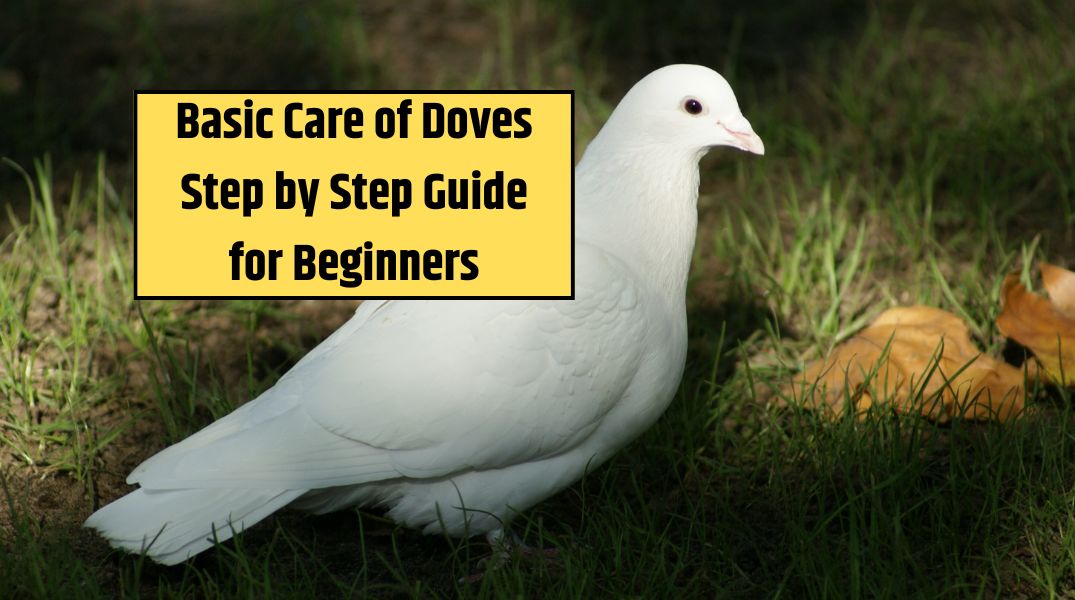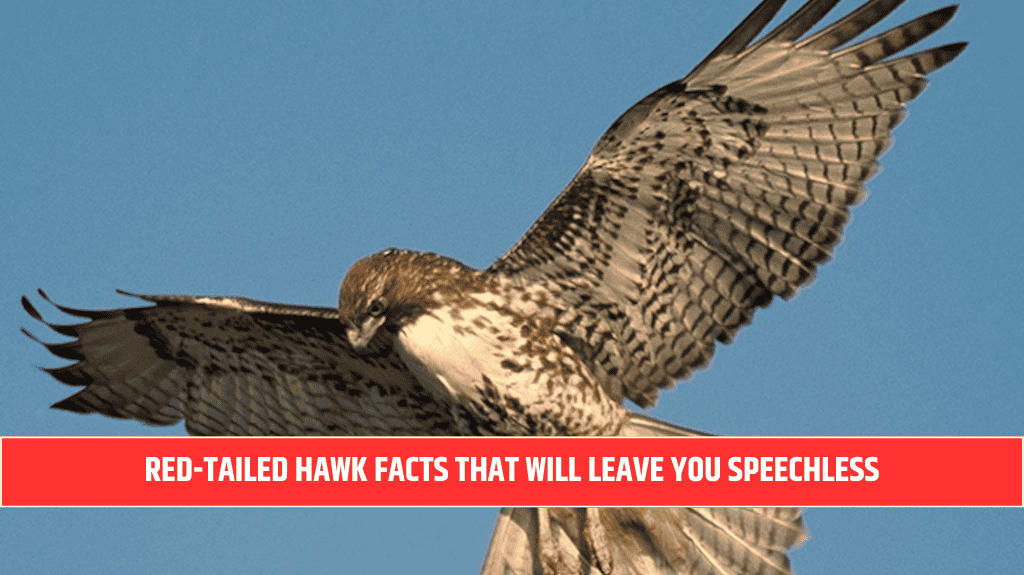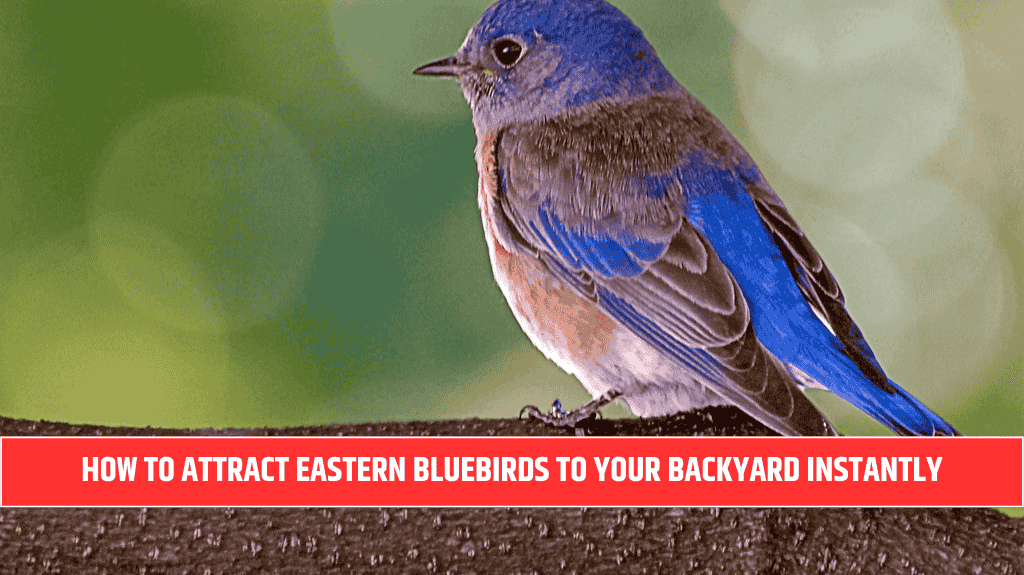Doves are gentle, affectionate birds that make excellent pets, especially for first-time bird owners. Unlike some pet birds, doves are not overly noisy; their soft cooing is soothing rather than disruptive. They enjoy socializing with both humans and other doves, making them a joy to have at home. If you’re considering adopting a dove, it’s important to understand their basic care needs to ensure they stay happy and healthy.
Proper Housing for Doves
Cage Size and Placement
Doves need a spacious cage to move around comfortably. A single dove should have a cage that is at least 18 inches wide, 18 inches deep, and 24 inches tall. If you have more than one dove, a larger enclosure is necessary to give them enough space.
Cage Location
- Place the cage in a quiet, draft-free area.
- Keep it away from direct sunlight and extreme temperatures.
- Avoid placing the cage near loud noises or household pets that may stress the bird.
Providing perches of different sizes and materials inside the cage will help keep their feet healthy.
Feeding Your Dove
Balanced Diet
Doves require a nutritious diet to stay healthy. Their food should include:
- Seeds and grains (such as millet, safflower, and corn)
- Pellets specially formulated for doves
- Fresh fruits and vegetables (such as leafy greens, carrots, and apples)
Make sure to remove uneaten fresh food daily to prevent spoilage.
Water Requirements
- Always provide clean, fresh water in a shallow dish.
- Change the water daily to prevent bacteria build-up.
Grooming and Hygiene
Preening and Bathing
Doves are naturally clean birds and preen themselves regularly. However, you can help maintain their hygiene by:
- Providing a shallow dish of water for bathing.
- Mist-spraying them lightly with clean water if they enjoy it.
Feather Care
- Regular wing trimming is recommended if you want to prevent accidental escapes or injuries.
- During molting, doves might need assistance in removing pin feather sheaths from their heads. You can do this gently by rolling the sheaths between your fingers until they break apart into dust.
Exercise and Playtime
Encouraging Movement
Doves need daily exercise to stay active and healthy. You can help by:
- Providing a spacious cage with multiple perches.
- Offering bird-safe toys for mental stimulation.
- Allowing the dove to fly in a safe, enclosed room under supervision.
Letting your dove out of the cage for short, controlled flights will improve its physical health and keep it engaged.
Dove Health and Veterinary Care
Common Health Issues
Doves can live for 10 to 20 years with proper care. However, it’s important to watch for signs of illness, such as:
- Lethargy or weakness
- Loss of appetite
- Diarrhea or unusual droppings
- Fluffed-up feathers or labored breathing
Regular Check-ups
Scheduling annual vet visits with an avian specialist will help detect any health problems early. If you notice any signs of illness, seek veterinary care immediately.
Socialization and Bonding
Companionship Needs
Doves are highly social birds and thrive best when housed in pairs or small groups. If keeping a single dove, you must spend plenty of time interacting with it to prevent loneliness.
Ways to Bond with Your Dove
- Talk softly to your dove to help it get familiar with your voice.
- Offer treats like small fruit pieces to build trust.
- Allow supervised out-of-cage time for social interaction.
Providing toys, mirrors, and gentle handling will also keep your dove engaged and happy.
Caring for a pet dove is a rewarding experience, but it requires commitment and patience. By providing a safe environment, a balanced diet, regular exercise, and social interaction, you can ensure your dove lives a long, happy life. With proper care, doves become loving companions and a delightful addition to any home.
FAQ
1. What size cage does a dove need?
A single dove needs a cage at least 18 inches wide, 18 inches deep, and 24 inches tall. If you have more than one dove, a larger enclosure is necessary to ensure they have adequate space to move around.
2. Where should I place my dove’s cage?
Place the cage in a quiet, draft-free area, away from direct sunlight and extreme temperatures. Avoid noisy spots or areas near household pets that may stress the bird.
3. What do doves eat?
Doves need a balanced diet that includes:
- Seeds and grains (e.g., millet, safflower, corn)
- Pellets formulated for doves
- Fresh fruits and vegetables (e.g., leafy greens, carrots, apples)
Remove uneaten fresh food daily to prevent spoilage.
4. How often should I provide water?
Always keep clean, fresh water available in a shallow dish. Change the water daily to prevent bacteria build-up.

















